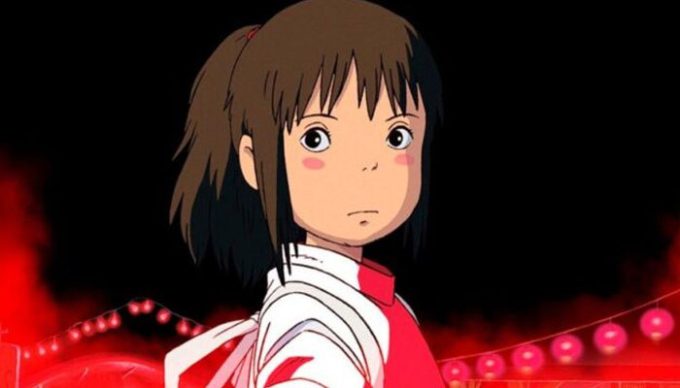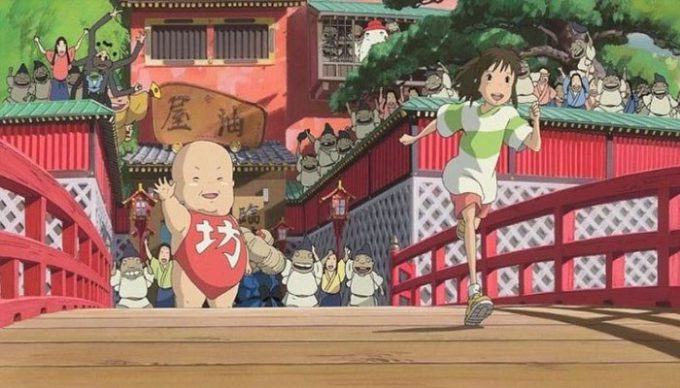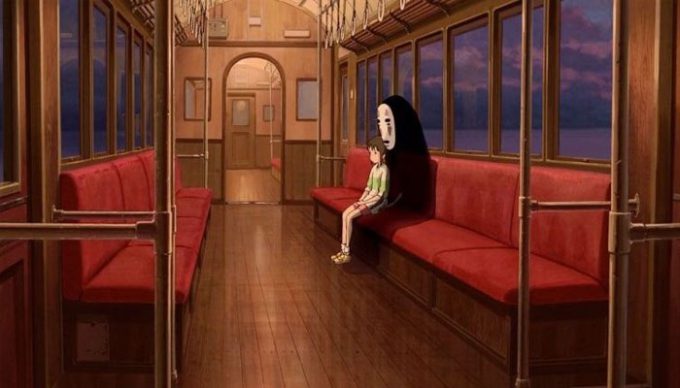Many people consider Spirited Away, the 2001 animated masterpiece by renowned director Hayao Miyazaki, as a quintessential representation of freedom and a heartfelt narrative filled with beloved characters. However, a controversial theory proposed by an anonymous individual has surfaced, offering a darker interpretation of the film’s meaning. This theory suggests that Spirited Away serves as a metaphor for a society burdened by depression.

Proponents of this theory argue that the entire journey of Chihiro Ogino, the main character, and the various characters she encounters during her adventures serve as a metaphor for the hidden struggles within the “entertainment” industry, reflecting its complexities and contradictions. The film incorporates elements from a traditional bathhouse, reminiscent of the architectural style of the Edo period, and the character Yubaba embodies the conflicting nature of the industry.

The connection between Chihiro and the “entertainment” industry grows stronger as she is employed in a public bathhouse under the new name Yuna (Sen). This reflects the common practice of using aliases in the Edo period, particularly for women working in the entertainment sector. The theory posits that Chihiro’s work to save her parents symbolizes the plight of young girls who are forced to work in such establishments due to their families’ financial hardships.
The anonymous theory also delves deeper into the character of No-Face. This spirit, which is often seen lurking in the shadows, is depicted as an entity that desires the essence of Chihiro, representing a metaphor for the exploitation faced by many in the entertainment industry. No-Face’s protracted pursuit of Chihiro symbolizes the relentless pressures and challenges individuals face within this environment.

Despite the intriguing nature of this theory, it is important to note that Hayao Miyazaki has never confirmed such interpretations. In reality, the director has expressed that the film draws inspiration from a journey he undertook with his family, encompassing themes of childhood and the innocence of youth. The essence of Chihiro’s character, representing a young girl, is meant to evoke empathy and connection.
Nevertheless, the interpretation of this anonymous theorist, particularly the dark implications for the film’s backdrop, has captivated audiences. Undoubtedly, Spirited Away remains a profound cinematic experience with valuable life lessons that resonate not only with younger viewers but also with adults.
What are your thoughts on this film?





















